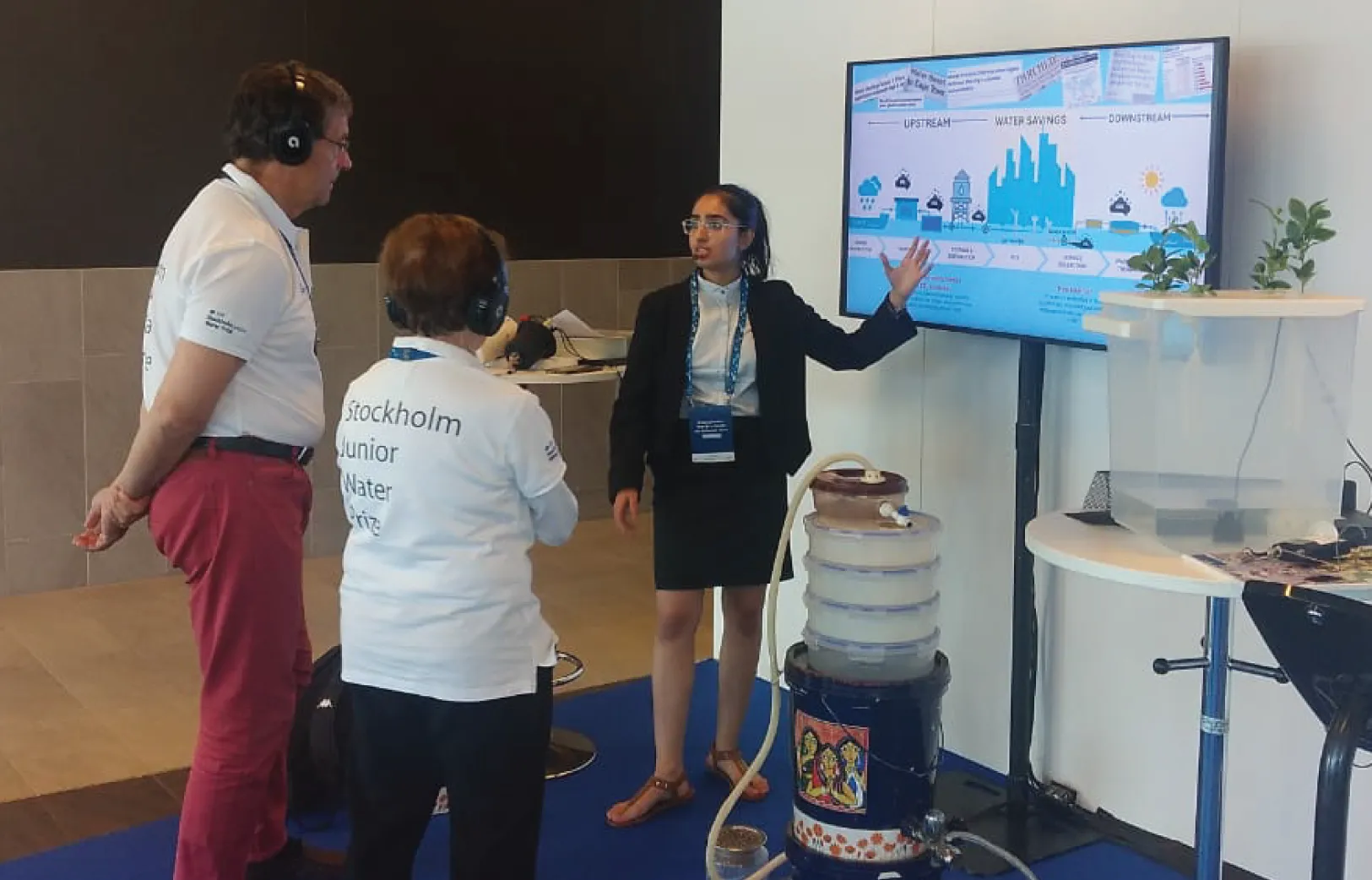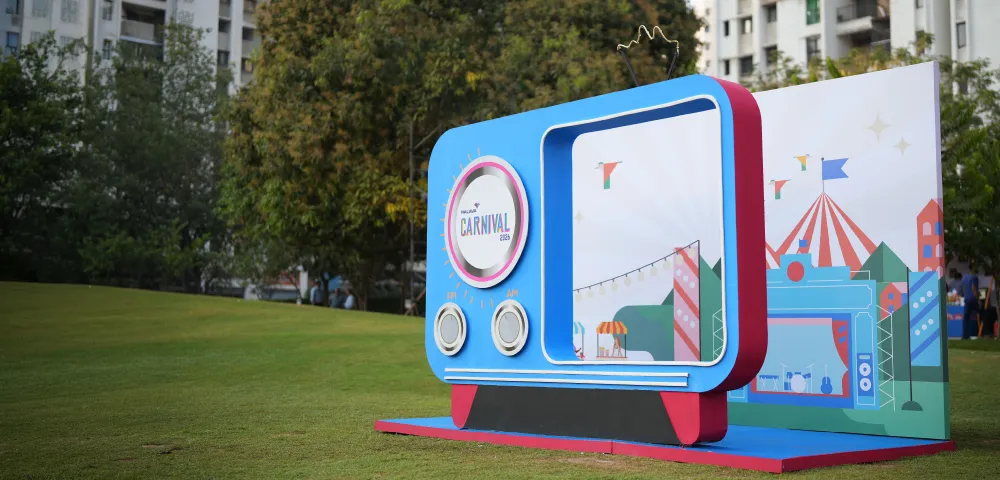Empowering Women to Stay and Thrive in the Workforce
By lodha
November 27, 2024
The journey to gender equity in the workplace is far from straightforward, especially in countries like India, where societal norms, cultural biases, and practical challenges create a complex landscape for women and empowerment. While discussions around the barriers to women’s participation often focus on issues like safety, childcare, and equal pay, there’s another, subtler force at play that’s just as powerful in pushing women out of their careers: the day-to-day microaggressions and non-inclusive behaviors that quietly undermine their confidence and sense of belonging. These invisible obstacles often go unnoticed by those who aren’t directly affected by them, but they have a profound impact on women’s ability to thrive professionally.
When we think about women leaving the workforce, many often cite reasons like personal transitions or the absence of supportive policies, but the reality is far more nuanced. For many women, the subtle exclusion they experience from their colleagues and managers can lead them to question their value within the organization. It’s not always the overt discrimination that drives women to step back—it’s the constant, low-level exclusion that slowly erodes their confidence, making them feel like they don’t belong or aren’t respected in their roles.
Take, for example, the language used in the workplace. It may seem trivial to some, but the words we use can either uplift or disempower. A simple question like “Are you coming back to work?” directed at a mother returning from maternity leave can convey doubt about her commitment, whereas asking “When are you coming back?” assumes that she will return and reinforces her role within the team. These small nuances can make a world of difference in how women perceive their position within the organization.
Such instances, when accumulated over time, can have a devastating impact on a woman’s sense of self-worth and her career trajectory. Women often find themselves questioning if they’re truly valued, if they’re being treated as equals, or if they’re simply filling a space without being fully integrated into the team. This kind of exclusion is not always easy to spot, but its effects are deeply felt by the women experiencing it, and it can lead to them stepping away from roles where they feel invisible or unappreciated.
The key to changing this narrative lies in fostering a more inclusive and supportive environment. It’s not enough for organizations to simply acknowledge these challenges—they need to actively work to create spaces where women feel valued and supported. This means making subtle but powerful shifts in the way teams are structured, how work is distributed, and how women are treated within the organization. Small changes, like ensuring that women are given the same opportunities to lead important projects, can have a huge impact on their visibility and professional development. Additionally, providing equal access to resources, whether that’s training, mentorship, or career advancement opportunities, is crucial to leveling the playing field.
Inclusivity also requires an intentional approach to the way feedback is given. In an inclusive environment, constructive criticism is welcomed, not feared. Women should feel empowered to speak up, offer ideas, and make decisions without the fear of being dismissed or undermined simply because of their gender. When organizations embrace these principles of respect, fairness, and support, they not only help careers for women, but they also open the door to a wealth of diverse perspectives and innovative ideas that benefit everyone.
At Lodha, this approach to inclusion is being put into practice with great success. The company, particularly in the traditionally male-dominated construction sector, has made significant strides in hiring women to take on site-facing roles, a field where female representation has historically been low. In Lodha’s Thane office, women have not only been given the chance to take on these crucial roles, but they’ve been supported every step of the way by male allies and mentors who treat them as equals. This type of mentorship is invaluable, as it fosters an environment of empowering women to take on challenges and grow professionally, regardless of the pressure they may face on-site.
Lodha’s focus on providing equal opportunities for professional development, along with creating a culture where women’s questions are welcomed and their contributions valued, is making a tangible difference in breaking down long-standing barriers. These efforts have allowed women to take on leadership roles in decision-making processes, allowing them to contribute meaningfully to the success of the company. The results speak for themselves: not only has Lodha seen a rise in female representation on-site, but women have also reported feeling more confident and capable in their roles.
Beyond the jobs of women in traditionally male-dominated sectors, Lodha is also focused on supporting women who are looking to re-enter the workforce after a career break. The Lodha Foundation’s Unnati Skill Development Centre in Palava is providing women with the skills, training, and mentorship needed to re-enter the workforce with confidence. The Centre helps women rebuild their careers by preparing them for the real-world challenges they’ll face, including overcoming microaggressions and dealing with potential biases. Through partnerships with organizations like Inventiway Solutions and Conneqt, Unnati has been able to offer flexible job opportunities for women looking to re-enter the workforce, further helping them regain financial independence and confidence.
These initiatives are part of a broader commitment to building a more inclusive future, one where women not only stay in the workforce but excel. The road to gender equality in the workplace is undoubtedly long, but with continued efforts from organizations like Lodha, we can start to see real, meaningful change. The key is to make inclusion a daily practice, to actively create spaces where women feel heard, respected, and valued, and to make these practices a fundamental part of the workplace culture.
As more organizations take steps to embrace inclusivity, they will not only help women succeed, but they will also position themselves to benefit from the diverse perspectives, creativity, and problem-solving abilities that a more inclusive workforce brings. It’s time to push for greater equity, to empower women at every stage of their career, and to build workplaces where everyone can thrive—because, in the end, we all benefit when women succeed.
You may also like



 Enquire
Enquire
 Call
Call
 chat
chat
 Search
Search





